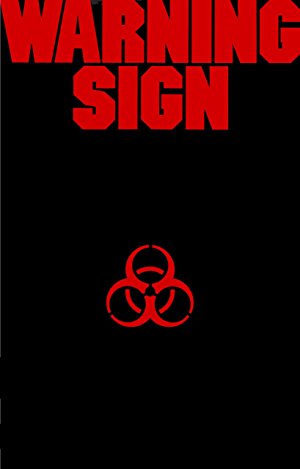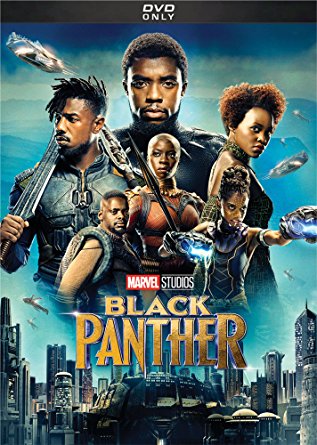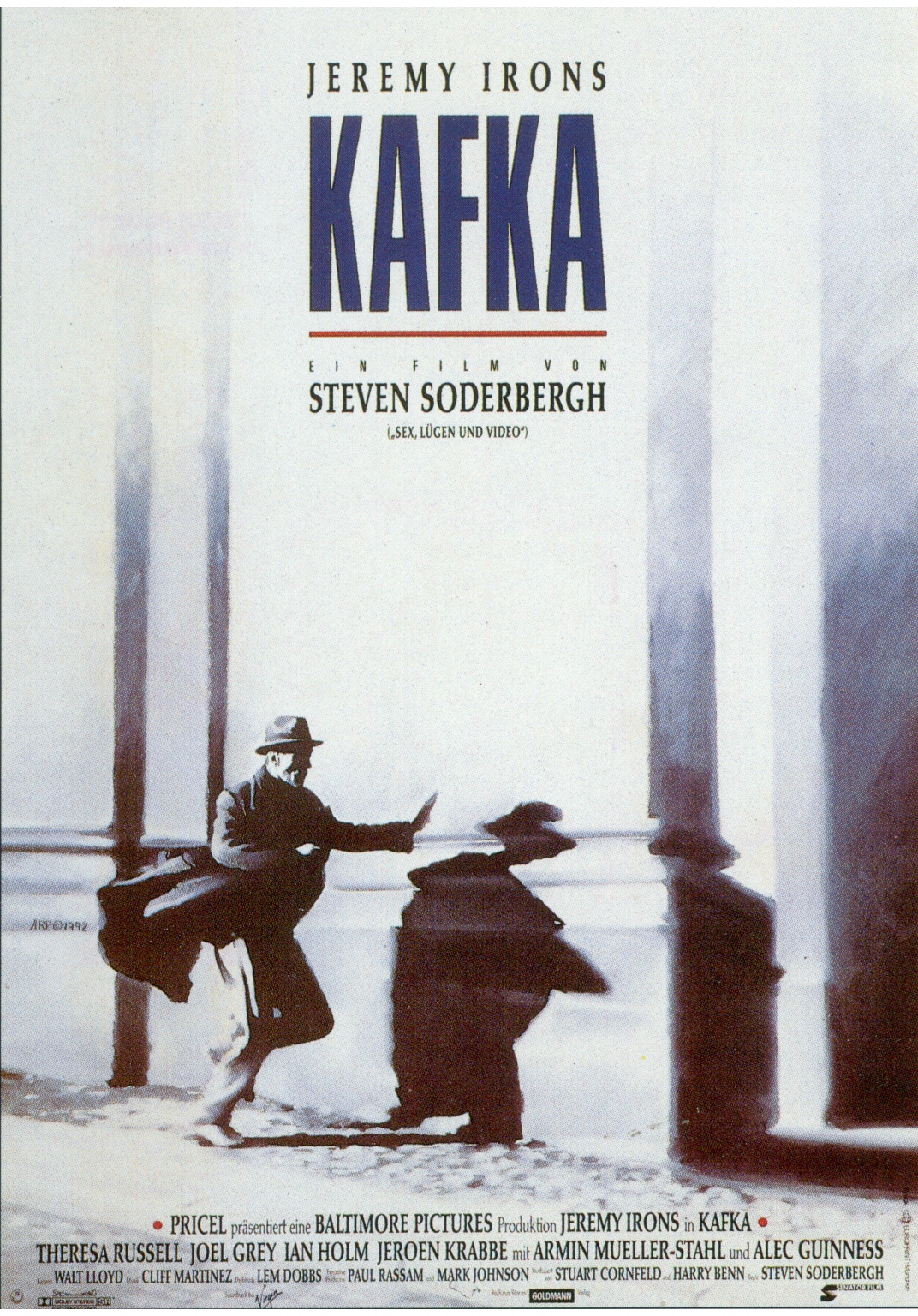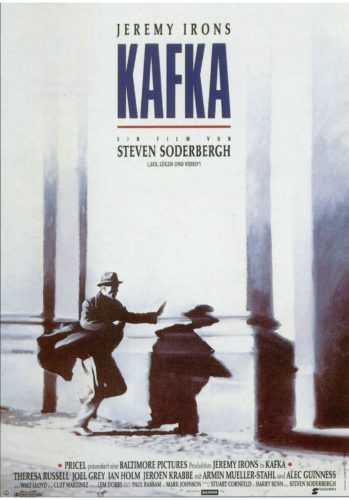 Warning Sign (1985) – A small-town agro-research firm is actually a DoD biowarfare research unit, and when a nasty bug accidentally gets loose inside the facility, the lockdown traps the local sheriff’s wife inside with researchers exposed to a rage-releasing virus.
Warning Sign (1985) – A small-town agro-research firm is actually a DoD biowarfare research unit, and when a nasty bug accidentally gets loose inside the facility, the lockdown traps the local sheriff’s wife inside with researchers exposed to a rage-releasing virus.
Shot largely in Payson, Utah (I pegged the mountains in the background right off), this conceptual precursor to the 28 Days Later movies seems oddly like a TV-movie in production values and pacing, with only a couple of harder-than-broadcast swear words countering that judgment; it wasn’t until I saw the “in Dolby in select theaters” line in the close credits that I could tell it was meant for theatrical release.
But hey, gotta love that ’80s cast: Sam Waterston as the sheriff, Yaphet Kotto as the upright government spook, Richard Dysart (with a rarely-sported mustache) as the researcher who makes the unfortunate breakthrough, Jerry Hardin as the redneck local spearheading efforts to get into the locked-down facility…
 Black Panther (2018) – At this late date, no one is clamoring for my opinions on this one… but I’m gonna give them anyway.
Black Panther (2018) – At this late date, no one is clamoring for my opinions on this one… but I’m gonna give them anyway.
My suspension of disbelief gave out on two points:
- Wakanda developed a fair, equitable, and technologically advanced society in isolation based on… the availability of vibranium? That’s it? There have been plenty of cultures graced with natural resources which haven’t become technologically advanced — like, almost ALL of them. It’s not just the presence of raw resources that determines the technological level of a society. In fact, that’s why the great boogeyman “colonialism” existed in the first place: Countries which had a cultural heritage which allowed them to exploit resources dominated areas of the world with those resources and without the culture to exploit them. Without the specific cultural heritage of the West — Classical heritage filtered through the twin educationally focused cultures of Christendom and Islam, with the one-in-a-million happenstance of a spreading culture of scientific thinking coinciding with international hostilities pushing a technological arms race — there’s no way that the presence of a pseudo-magical natural resource would result in a techno paradise, especially in a continent which, as much as any other, is dominated culturally by tribalism. And double that when the techno paradise is very much European in flavor (with bright colors added to make it look African). Skyscrapers, monorails, etc… Even in a movie universe which includes multi-cultural Asgardians traveling the cosmos by rainbow bridges and shrinking technology that makes an inconsistent hash of the laws of physics, Wakanda is a sticking point in swallowable premises.
- The bad guy’s father, a Wakandan spy sent out into the rest of the world, immediately identifies African Americans as “his people,” and wants to fight for their liberation? This is a particularly American fantasy. African cultural politics ain’t gonna identify someone as “one of us” simply because of skin color; Africa is an entire continent of people of the same skin color, who divide themselves into scores of distinct, discrete, and often mutually hostile tribes. Even Wakanda, up until now a uniformly isolationist nation, is made of five discrete tribes which have maintained distinct identity since prehistory; the idea that a Wakandan would suddenly identify tribe-less, culturally American blacks as part of “his people” simply because of skin color is not just nonsensical, it’s reflexively reading American history and preoccupations onto the rest of the world. In its own way, it’s as America-centric and colonial an ideology as the ones the movie off-handedly dismisses as obviously evil.
Kafka (1991) – A very Kafkaesque movie, combining some facets of Franz Kafka’s real life with his unfinished novel The Castle, shot in black and white in the claustrophobic environs of Prague. The oppressive workaday world of the massive insurance office in which Kafka worked — when bureaucracy reigned supreme over a world of all handwritten or typewritten records — is captivating enough, without the fictive elements added.

